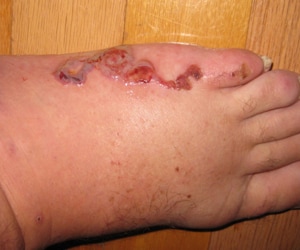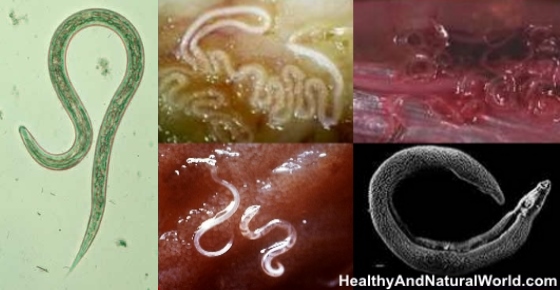

Teeth grinding, also known as bruxism, may occur while sleeping due to anxiety and restlessness caused by waste and toxins released by the parasites in the body.Ī 2010 study published in Dental Research Journal confirmed the correlation between intestinal parasitic infections and bruxism among small children.Īs pathogenic parasites serve as the cause of bruxism among children, if you notice any such symptoms in your children, get their stool examined. If you grind your teeth in your sleep, one possible cause is a parasite infestation. If you are suddenly having mood swings or feeling depressed, consult your doctor to rule out the possibility of a parasite infestation. Toxic metabolic waste produced by parasites residing in the intestine can attack neurons and neurotransmitters, causing nervousness, restlessness, mood swings and even depression.Īlso, scientists believe that inflammation in the intestine can lead to inflammation in the brain and vice versa. The intestine contains both neurons and neurotransmitters (specifically serotonin), which are important for a healthy enteric nervous system. Often, these symptoms are paired with digestive issues. Mental DistressĪ parasite infestation can even cause mood swings, depression, anxiety and also visual hallucinations. If you experience weight loss with an increase in appetite, consult your doctor.
#HOOKWORMS IN HUMANS IMAGES FULL#
This happens as the parasites consume a good amount of the food eaten by the infected person, thus making the person hungry more often than usual.Īlso, the infected person may notice a strong early morning hunger and may never feel satisfied or full after eating a meal.

In fact, an increased appetite combined with weight loss is often noticed in cases of tapeworm or pinworm infestation. If you notice a sudden change in your appetite, particularly an increase in appetite, it may be due to the presence of parasites in your body. If you have unrelenting fatigue even after eating and sleeping properly, consult a doctor to find out the cause. This also leads to fatigue, low energy, lethargy and excessive weakness. Plus, the toxic metabolic waste overload produced by the parasites causes the organs to work even harder to eliminate these waste products.

It can lead to exhaustion at mental, physical and emotional levels. Malabsorption of vitamins, minerals, fats and carbohydrates can make the body weak, leaving you exhausted, depressed and with a feeling of general apathy. This is mainly associated with intestinal worms that deplete the body of vital nutrients by feeding on the food you eat. Fatigue may also be a symptom of a parasite infestation.


 0 kommentar(er)
0 kommentar(er)
